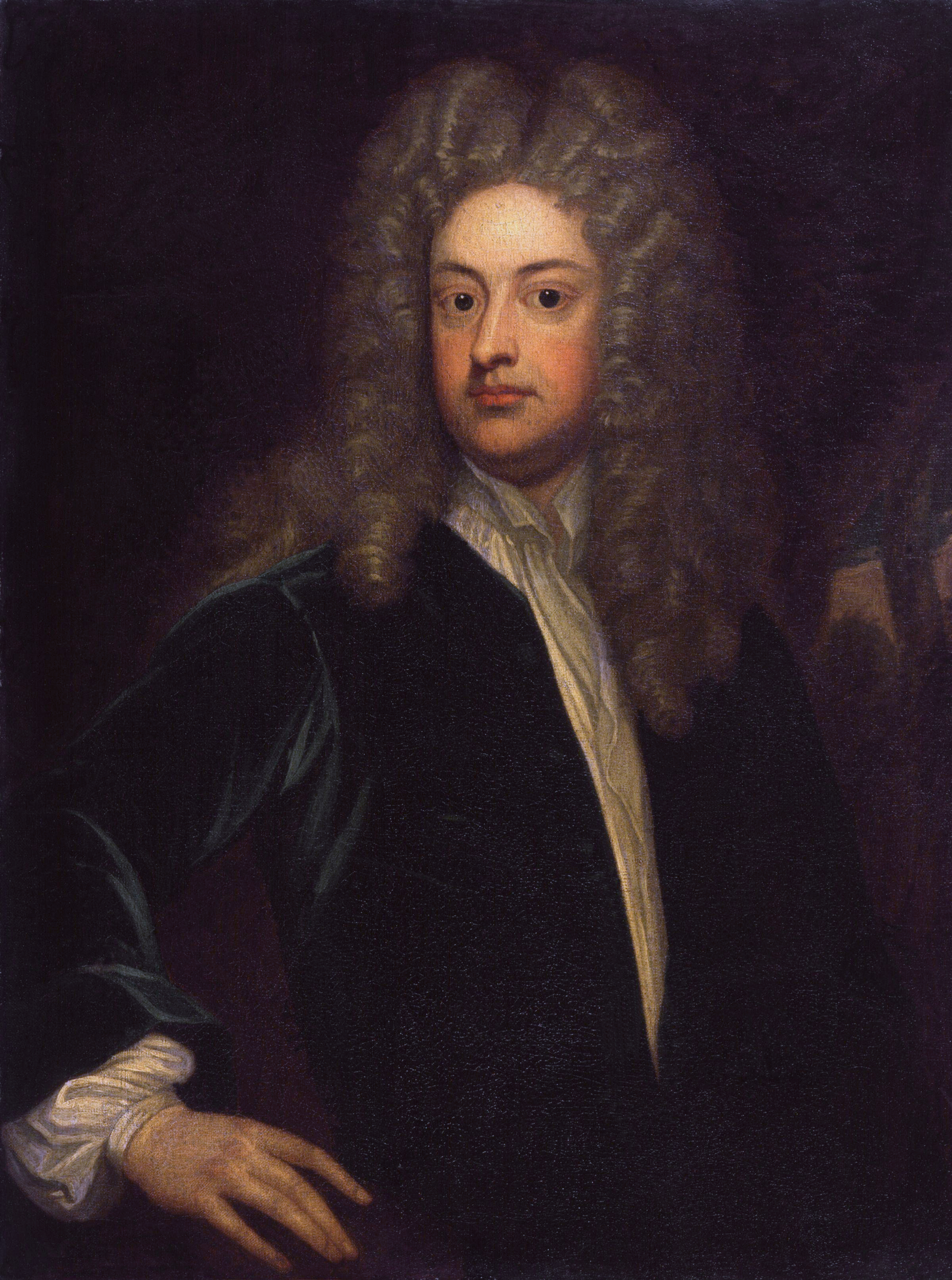„Zawsze robimy coś dla Potomności, lecz ja chciałbym, by Potomność coś zrobiła dla nas.”
Źródło: The Spectator, 1711
Joseph Addison – angielski pisarz, publicysta i polityk. Uważany za pioniera nowożytnego dziennikarstwa. Wikipedia

„Zawsze robimy coś dla Potomności, lecz ja chciałbym, by Potomność coś zrobiła dla nas.”
Źródło: The Spectator, 1711
“Nations with nations mix'd confus'dly die,
And lost in one promiscuous carnage lie.”
Źródło: The Campaign (1704), Line 152.
Moncure Daniel Conway, in The Sacred Anthology (Oriental) : A Book of Ethnical Scriptures 5th edition (1877), p. 386; this statement appears beneath an Arabian proverb, and Upton Sinclair later attributed it to the Qur'an, in The Cry for Justice : An Anthology of the Literature of Social Protest (1915), p. 475.
Misattributed
No. 185 http://archive.twoaspirinsandacomedy.com/spectator/spectator.php?line=185 (2 October 1711).
Often misquoted as "To be an atheist requires an infinitely greater measure of faith than to receive all the great truths which atheism would deny."
The Spectator (1711–1714)
“These widows, sir, are the most perverse creatures in the world.”
No. 335 (25 March 1712).
The Spectator (1711–1714)
“A woman seldom asks advice before she has bought her wedding clothes.”
No. 475 (4 September 1712).
The Spectator (1711–1714)
No. 269 (8 January 1712).
The Spectator (1711–1714)
Samuel Johnson in The Rambler, no. 148 (17 August 1751).
Misattributed
“Some virtues are only seen in affliction and some in prosperity.”
No. 257 (25 December 1711).
The Spectator (1711–1714)
“There is not so variable a thing in Nature as a lady's head-dress.”
No. 98 (22 June 1711).
The Spectator (1711–1714)
“The utmost extent of man's knowledge, is to know that he knows nothing.”
These words, sometimes attributed to Addison, are not found in his works, but in The Spectator, no. 54, he translates the following words of Socrates, as quoted in Plato's Apology: "When I left him, I reasoned thus with myself: I am wiser than this man, for neither of us appears to know anything great and good; but he fancies he knows something, although he knows nothing; whereas I, as I do not know anything, so I do not fancy I do. In this trifling particular, then, I appear to be wiser than he, because I do not fancy I know what I do not know."
Misattributed
Samuel Johnson in The Rambler no. 148 (17 August 1751).
Misattributed
Sir Alfred Jules Ayer, in his "The Meaning of Life", collected in The Meaning of Life, and Other Essays (1990).
Misattributed
No. 562 (2 July 1714).
The Spectator (1711–1714)
“Why wilt thou add to all the griefs I suffer
Imaginary ills, and fancy'd tortures?”
Act IV, scene i.
Cato, A Tragedy (1713)
“There is not a more unhappy being than a superannuated idol.”
No. 73 (24 May 1711).
The Spectator (1711–1714)
No. 476 (5 September 1712).
The Spectator (1711–1714)
No. 169 (13 September 1711).
The Spectator (1711–1714)
“The honors of this world, what are they
But puff, and emptiness, and peril of falling?”
Act IV, scene iv.
Cato, A Tragedy (1713)
No. 120 (18 July 1711).
The Spectator (1711–1714)
No. 477 (6 September 1712).
The Spectator (1711–1714)
No. 225
The Tatler (1711–1714)
No. 225
The Tatler (1711–1714)
No. 225
The Tatler (1711–1714)
No. 225
The Tatler (1711–1714)